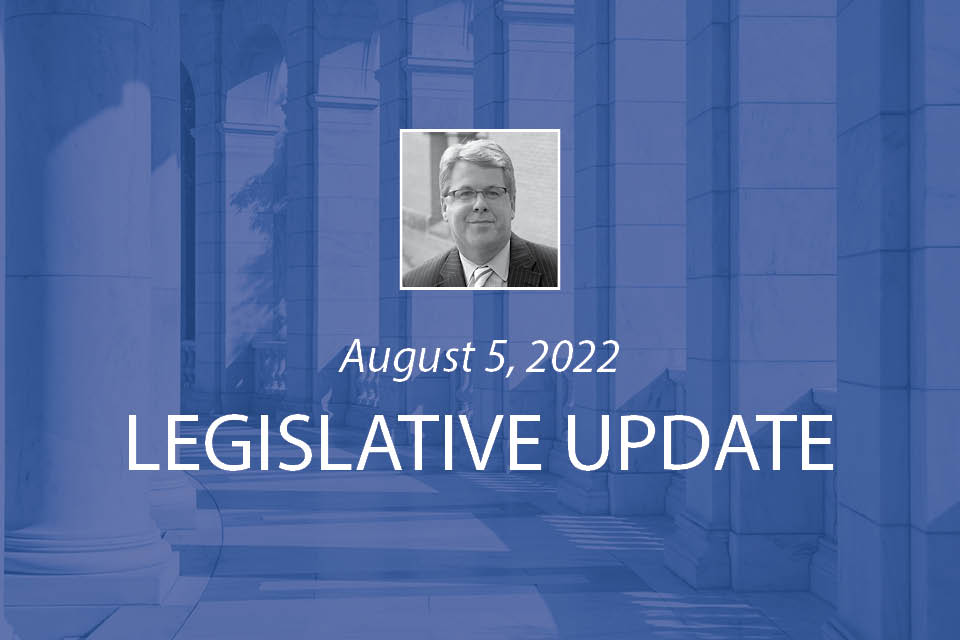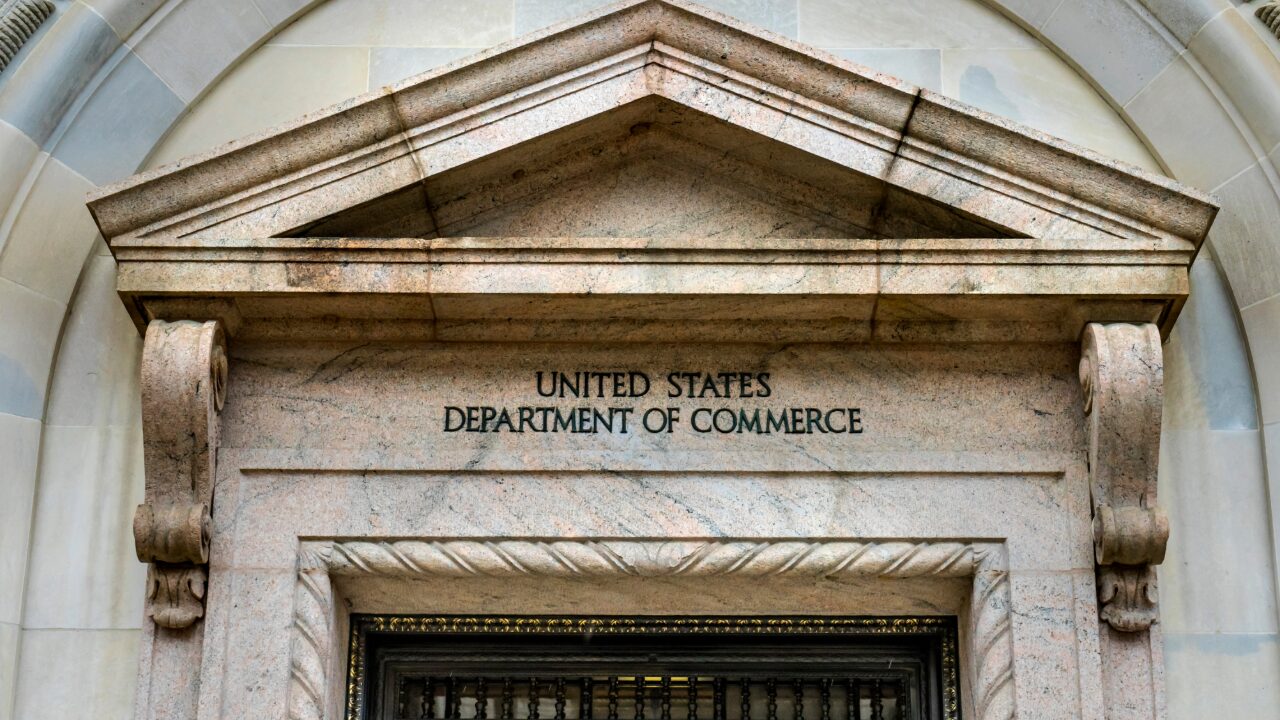Build Back Better
The situation on Capitol Hill continues to remain fluid with negotiations on a Build Back Better 2.0 legislative package. As we noted last week, a tentative deal had come together between Sen. Joe Manchin (D-WV), a key Senate vote for proceeding forward with the President’s signature legislative priority, and Senate Majority Leader Chuck Schumer (D-NY). ABMA has waded through the 725 page bill and has identified the following provisions of interest to our sector:
- $2.15 billion to acquire and install low-embodied carbon materials and products for use in the construction or alteration of buildings under the jurisdiction of the General Services Administration.
- $100 million for EPA, the Federal Highway Administration, and the General Services Administration to identify and label low-embodied carbon construction materials and products based on environmental product declarations and other criteria.
- $100 million to provide grants under the Wood Innovation Grant program for constructing new facilities that deploy mass timber and other innovative wood products.
- $1.8 billion for hazardous fuel reduction projects on federal forest lands.
- $50 million for a competitive grant program for states to pay private forest land owners for implementing forestry practices on private forest land that provide measurable increases in carbon sequestration and storage beyond customary practices on comparable land. The bill specifies that these payments would be separate and distinct from payments landowners are receiving from private carbon markets.
- $50 million for the U.S. Forest Service to develop and carry out activities and tactics for the protection of old-growth forests on National Forest System land and to complete an inventory of old-growth forests and mature forests within the National Forest System.
- $700 million to provide competitive grants to states to acquire land with priority given to grant applications that offer significant natural carbon sequestration benefits or provide benefits to underserved populations.
- $1.5 billion to provide multiyear competitive grants to state and local governments for tree planting and related activities.
- $2,000 per unit tax credit for consumer purchases and installation of wood and pellet stoves. This credit is extended for 10 years.
One other notable provision pertains to funding the Internal Revenue Service (IRS). Under the bill, the IRS would receive $80 billion over 10 years to devote resources toward tax collection efforts and increased taxpayer audits. IRS Commissioner Chuck Rettig testified before Congress last year that that the estimated gap in what taxpayers owe and what the IRS collects is around $1 trillion per year. This provision would attempt to close that gap.
Currently, the bill is “paid for” through a 15 percent minimum tax on corporations earning over $1 billion annually and by closing the carried interest “loophole” that is utilized by the investment banking and money management sector to lower their tax rates. ABMA-opposed tax increases on small and medium sized businesses are no longer in the BBB package.
In terms of process moving forward, the measure continues to be reviewed by the Senate Parliamentarian to ensure that it abides by strict rules governing the budget reconciliation process through which this bill will be considered. A wrinkle developed this week with Senator Kyrsten Sinema (D-AZ) indicating that she is opposed to the carried interest “pay for” and would like modifications to the 15 percent minimum tax on corporations. Regarding the latter, Senator Sinema would like to ensure that domestic manufacturers may continue to use depreciation and cost recovery mechanisms available under existing law. If either or both of these revenue raisers are stripped from the bill—which fund a considerable portion of the overall package—we could see a scenario where tax increases on small and medium sized business come back into play. But current expectations are that an agreement will be forged with Senator Sinema that will ensure her support and this package will be voted on sometime next week. Once the Senate passes the bill, the upper chamber will be in recess until September. As always, ABMA is close to the action on Capitol Hill and is poised to activate should developments on this bill warrant.
Appropriations
Late last week, the Senate Appropriations Committee released drafts of all 12 Fiscal Year (FY) 2023 appropriations measures. For employment and training activities in the Labor, Health and Human Services, Education and Related Agencies bill, the measure includes $2.959 billion for Workforce Innovation and Opportunity Act (WIOA) State Grants, an increase of $80 million over fiscal year 2022. Recall that WIOA is the authorizing statute for most of the meaningful workforce development programs at the federal level. In addition, the proposal includes $303 million for Registered Apprenticeships, an increase of $65 million over this year’s level, and $1.774 billion for Job Corps, an increase of $25 million.
There are some key differences between this bill and its counterpart in the House. For example, the Senate bill unfortunately does not provide any funding increases for the Strengthening Community College Training Grants. This program builds the capacity of community colleges to collaborate with employers and the public workforce development system to meet local and regional labor market demand for a skilled workforce.
On OSHA and the Department of Labor, the bill includes significant increases for both. Under the bill, OSHA would receive $680 million, an increase of $68 million or 11 percent, to increase its enforcement capabilities. DOL would receive $288 million, an increase of $37 million or 14.8 percent, to rebuild the Wage and Hour Division’s enforcement capability in the worker earned pay and overtime space. Action on these bills will not occur until later this year, which will necessitate a Continuing Resolution to fund the government past September 30.




